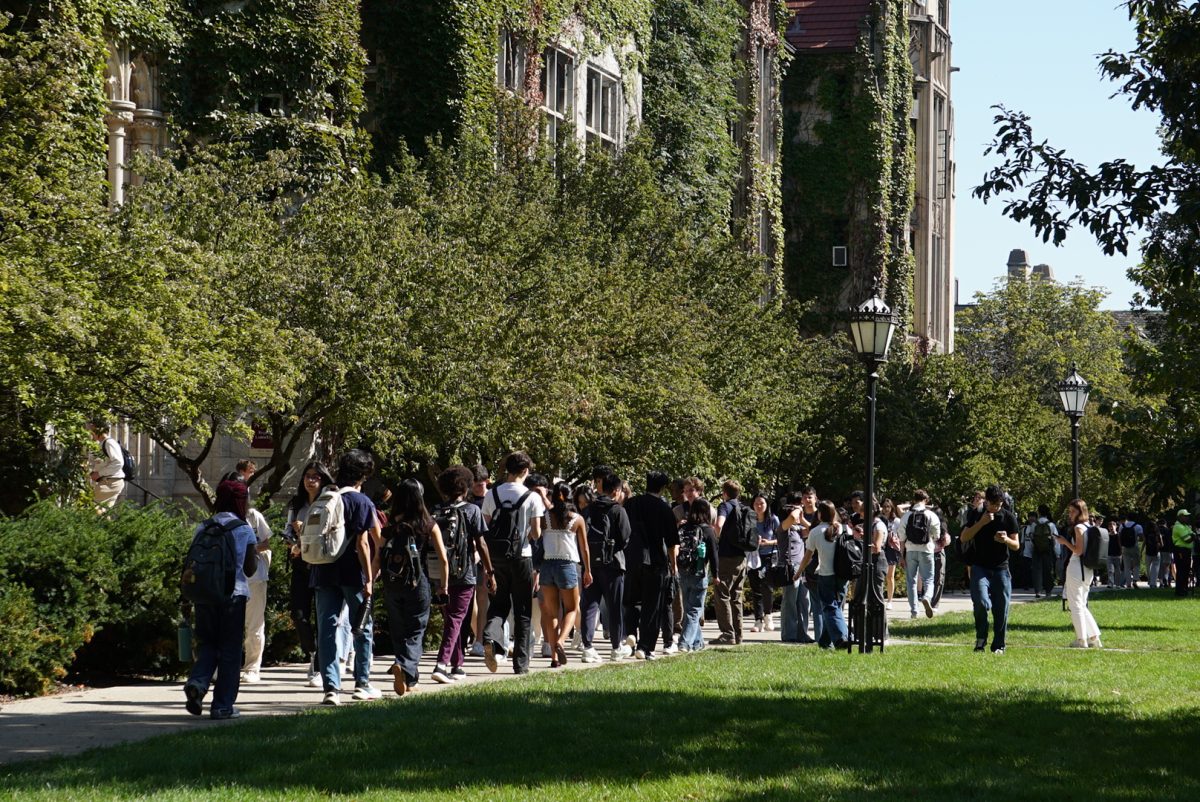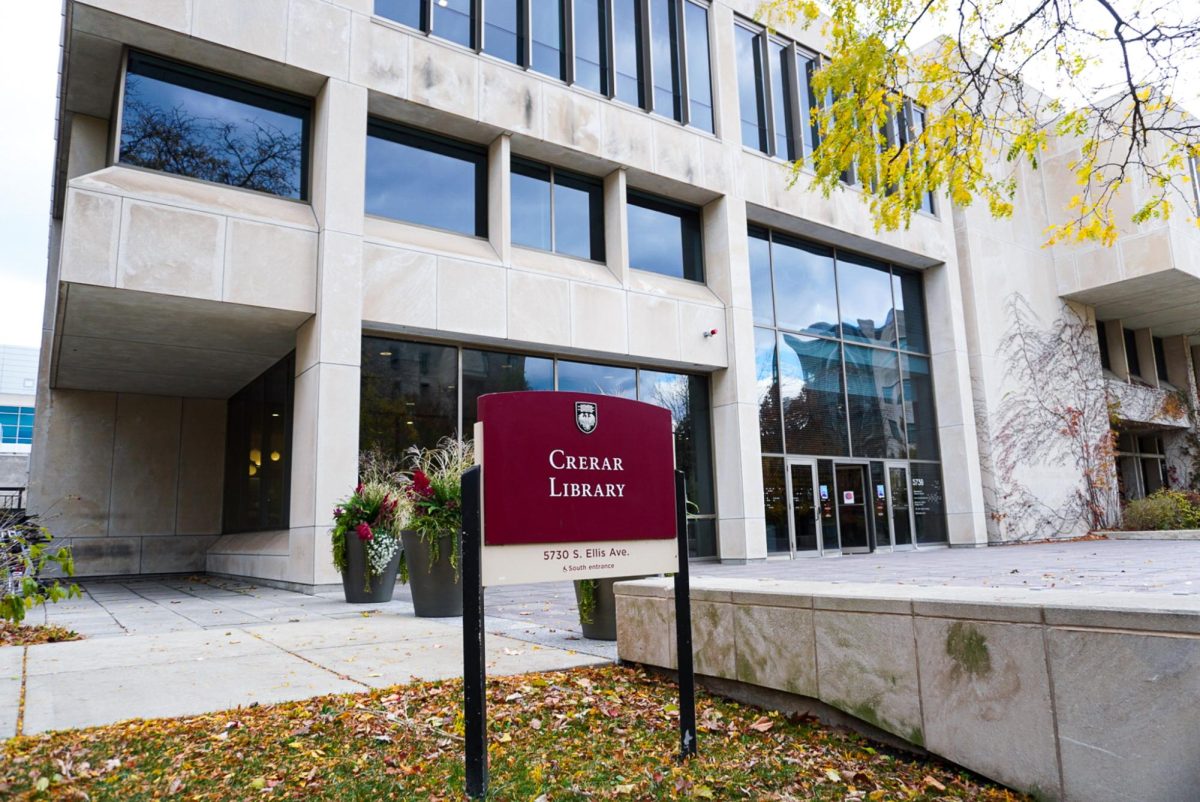January 12, 2005—PARIS—While putting off writing a paper on Antigone, I felt both contempt and appreciation for the style of la dissertation that I have been struggling with ever since French 205 last winter. It is excessively formal, relentlessly disciplined, and infuriatingly bureaucratic, but it does offer an appealing new way to look at both my academic work and my personal world.
The good old “5 paragraph essay” or “position paper” that I learned in sixth grade taught me that at the beginning of a paper you must absolutely and without fail do one thing: State your thesis. The rest of the paper is dedicated to systematically proving that idea, eventually concluding with a reminder to the readers that you have, in fact, convinced them. Sure, it works fine on the SAT II writing sample, but it seems presumptuous to claim to know the solution before you begin to investigate the problem of the paper. It seems equally boring to leave out all of the excitement of discovery and merely present the results of an intellectual science experiment. Personally, I would rather watch a frog dissection with my own eyes than be given a list of its parts after the fact.
On the other hand, the main goal of a dissertation is to prove that its investigation is worthwhile, regardless of where it leads. You are given a sujét; this is a quote, question, or comment that is meant to get your analytical gears going. From there, you find a problematique, which is your chosen approach to the problem presented by the subject. The problematique opens up an argument which follows one of two forms: the three-part progression (three major themes, each unifying theme containing three sub-sections, each sub-section containing at least three examples) or a point-counterpoint dialogue (thèse, antithèse, synthèse—both sides are argued to the fullest extent of the research and a conclusion is drawn in favor of one, both, or a selective combination of the two).
The argument section of the paper should take the reader on a journey inspired by the problematique. The author is not forced to arrive at an absolute conclusion, nor is he forced to present a claim in the introduction that promises an answer of which the reader will be persuaded in the pages that follow.
Instead, the concluding paragraph of the dissertation is an explanation and reiteration of what was learned, what was valuable, and what looks different than it did before. It is possible, at the end of your paper, to answer in part or in full the question of the problematique, but it is more important for the reader to believe that your question was worthwhile. The paper ends with an enlargissement, which is a new question that reveals itself in the light of what was just discovered, the new and confusing pattern on the floor that we couldn’t see until the dust of the first question was swept away.
What is significantly healthier about this style of academic investigation is that you are not asked to have all the answers before you begin. Instead, you are asked to be curious, thorough, brave, and observant, understanding that you may end up somewhere completely unexpected, far from where you started.
I realize now that I made a mistake in the way that I thought about my time abroad; I thought I knew where the story ended before it started. I came here with my outmoded thesis, which seems now like something I heard from a talent-less telepsychic: “Rebecca goes to Paris, has meaningful life experiences, becomes more beautiful and wise than she was before, and returns to Chicago to pick up her life right where she left it.” Nice work, Miss Cleo.
Regardless of whether or not this will be true (I already know it isn’t), I can’t think like that, because no one’s life is ever so predictable or formulaic. During fall quarter, my thèse seemed to be that while I was growing by the day, the life I left behind was frozen in time, waiting for me to come back and reclaim it. Over winter break I found that this wasn’t true; I wasn’t the only one who was different. It was hard to see how my friends had changed, to hear them talk about people I don’t know and tell stories in which I play no part. It was harder still to be told by the person I loved that he was breaking up with me because I was too far away.So what should I do now that my thesis has proven false? Bring on the antithèse: “The world changes around me while I stay the same. My heart is broken, my faith is shattered, and my life is spinning out of control.” But that’s not right either, because the answer always lies in the synthèse: Some things will change and some will stay the same, but I will have to keep going. So I suppose the only conclusion I have for now is my enlargissment, the part where I take inventory of what I’ve learned and ask how I will fit the pieces back together come the middle of June Still, I’ve got a lot more papers to write before I get there.






